PROGRAMME
Keynote Speakers
Elena Cattaneo
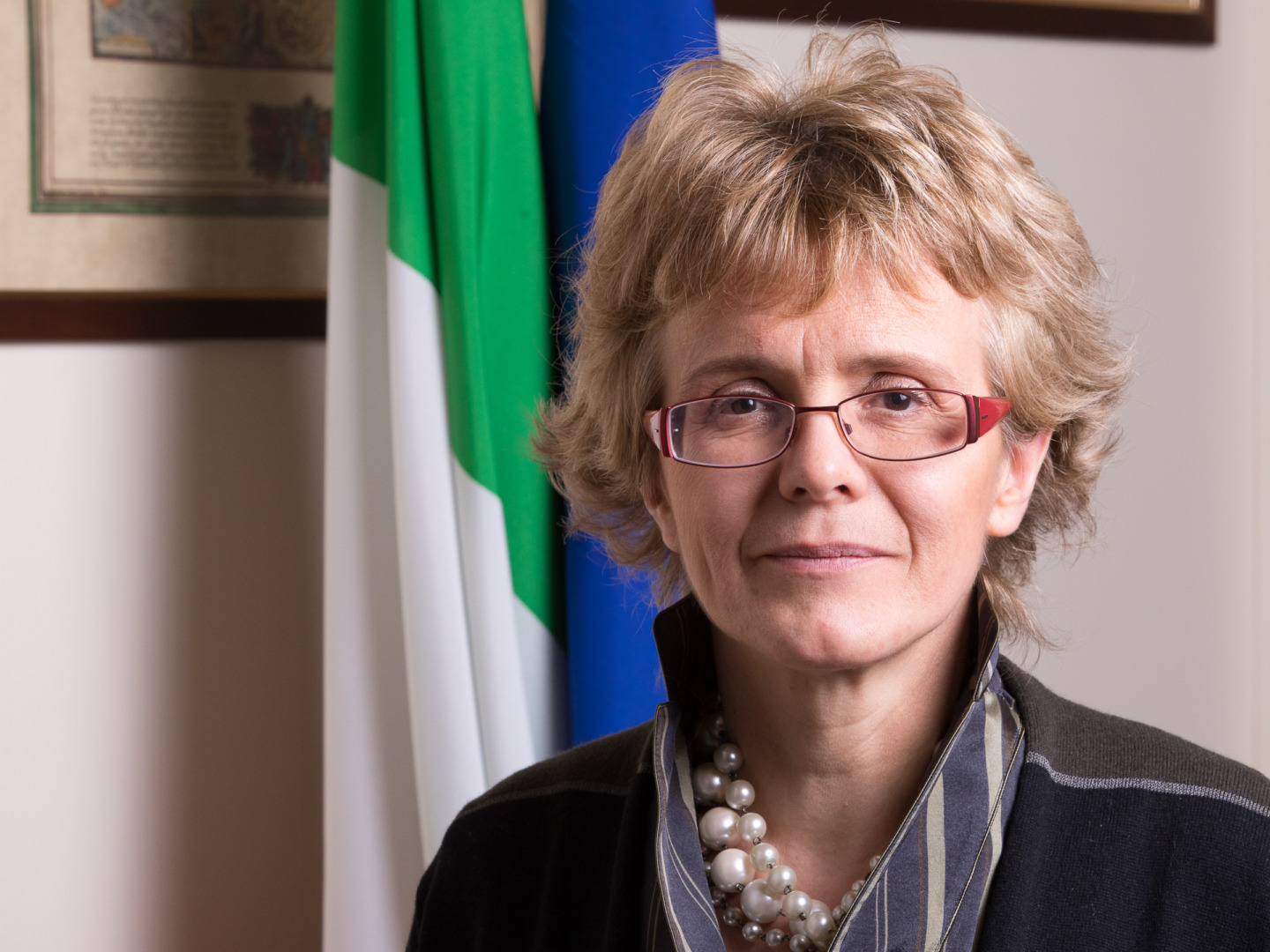
Elena Cattaneo
Elena Cattaneo is the Director of the Laboratory of Stem Cell Biology and Pharmacology of Neurodegenerative Diseases at the Department of Pharmacological Sciences, as well as a co-founder and first appointed Director of UniStem, the Centre for Stem Cell Research of the University of Milano. For almost 30 years, the goal of her laboratory is to contribute to the understanding of the physiopathology of Huntington’s disease and to develop pharmacological, genetic and cellular strategies that could slow down the course of the illness or prevent its onset.
In 2013, Elena Cattaneo was appointed by he then President of the Italian Republic, Hon. Giorgio Napolitano, as ‘Senator for Life for scientific and social merits’. Since then, she has continued to lead her lab while taking part in transcontinental, European and national research consortia.
Gerd Kempermann

Gerd Kempermann
Gerd Kempermann, M.D., was born in Cologne, Germany and studied medicine in Cologne and Freiburg. After two years of residency in Neuropathology he became postdoctoral fellow in Fred H. Gage's group at the Salk Institute in La Jolla. Since then he has been working on the biology of endogenous neural stem cells in the healthy and diseased brain and on the functional relevance of adult neurogenesis. He is Group Leader at CRTD - Center for Regenerative Therapies TU Dresden.
The goal of his lab is to understand how new neurons contribute to brain function and health and disease and how lifestyle and activity build a “neurogenic reserve” to allow functional compensation in the face of old age and beginning dementia.
Marta Nieto
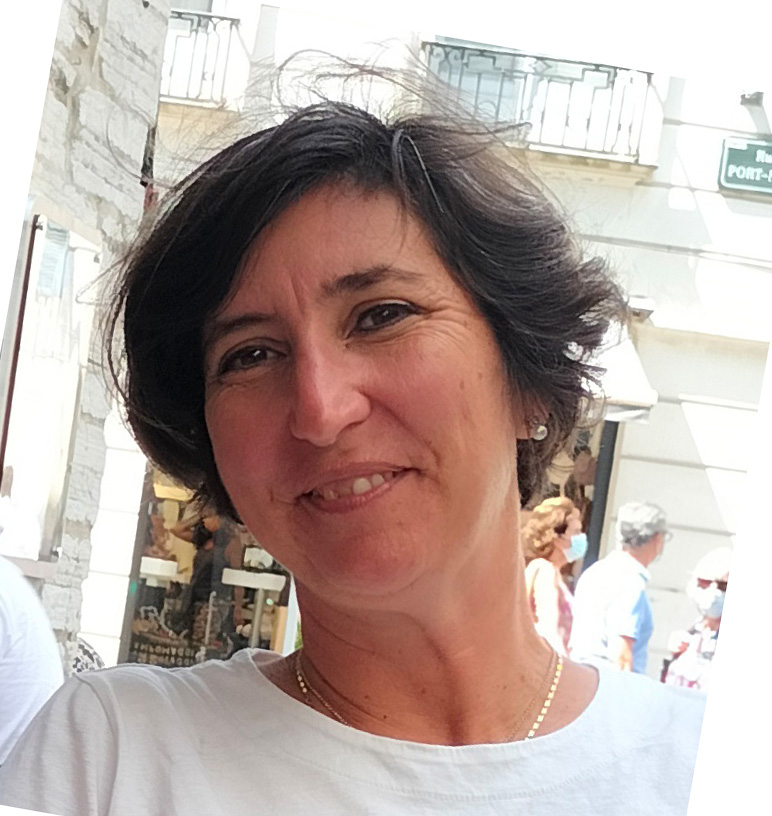
Marta Nieto
Marta Nieto López is a principal investigator at the Centro Nacional de Biotecnología (Madrid, Spain) and the group leader of the ‘Cerebral Cortical Development’ lab. Marta and her team aim to define the cellular and molecular mechanisms that govern the generation of neurons and circuits of the mammalian cerebral cortex.
In collaboration with other research groups, they study models of cell migration. Her research provides basic knowledge neural specification and circuit formation mechanisms, the potential programmes for reprogramming neurons, and the specific advantages and plasticity of the human brain.
João Relvas
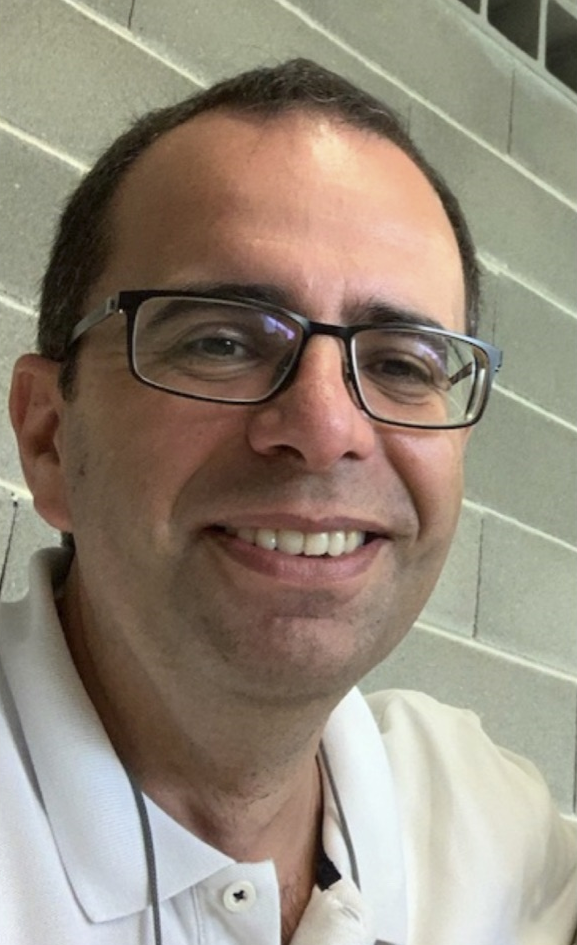
João Relvas
João Relvas is a principal investigator at the Instituto de Investigação e Inovação em Saúde (i3S), Portugal, where he leads a research group that studies glial cells, a set of cells in the nervous system that have essential functions in maintaining the homeostasis of the nervous system. He is also part of the i3S Board of Directors and Coordinator of Neurobiology and Neurologic Disorders Programme.
Karen Duff
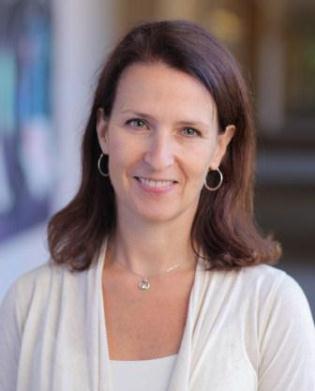
Karen Duff
Karen Duff is a leader in the field of neurodegenerative disease. Has worked for over 30 years on Alzheimer’s disease and the tauopathies, for which she was awarded the prestigious Potamkin Prize in 2006. Her interests span a range of research areas, from discovery science through to therapeutic approaches.
Currently, she is the director of the UK Dementia Research Institute, leading a dynamic and ambitious programme of multidisciplinary and clinically-orientated research.
Rodrigo Cunha
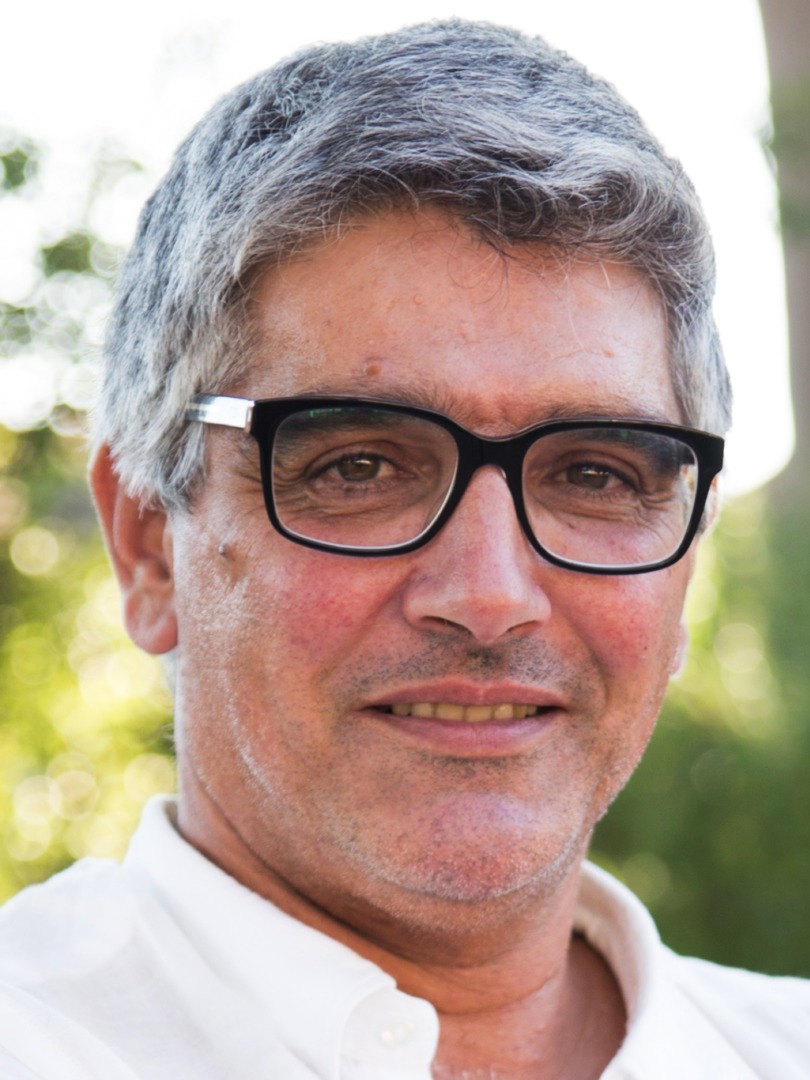
Rodrigo Cunha
Rodrigo Cunha is a Full Professor of the Faculty of Medicine of the University of Coimbra and Principal Investigator at the Centre for Neuroscience and Cell Biology of the University of Coimbra.
Rodrigo Cunha heads a group that explores neuromodulation by adenosine and ATP. His research is focused on the roles of these purinergic modulators in the physiological context of neurotransmitter release, synaptic transmission and plasticity. He also works on their involvement in disorders such as epilepsy, diabetic neuropathies and Alzheimer’s and Parkinson’s diseases.






